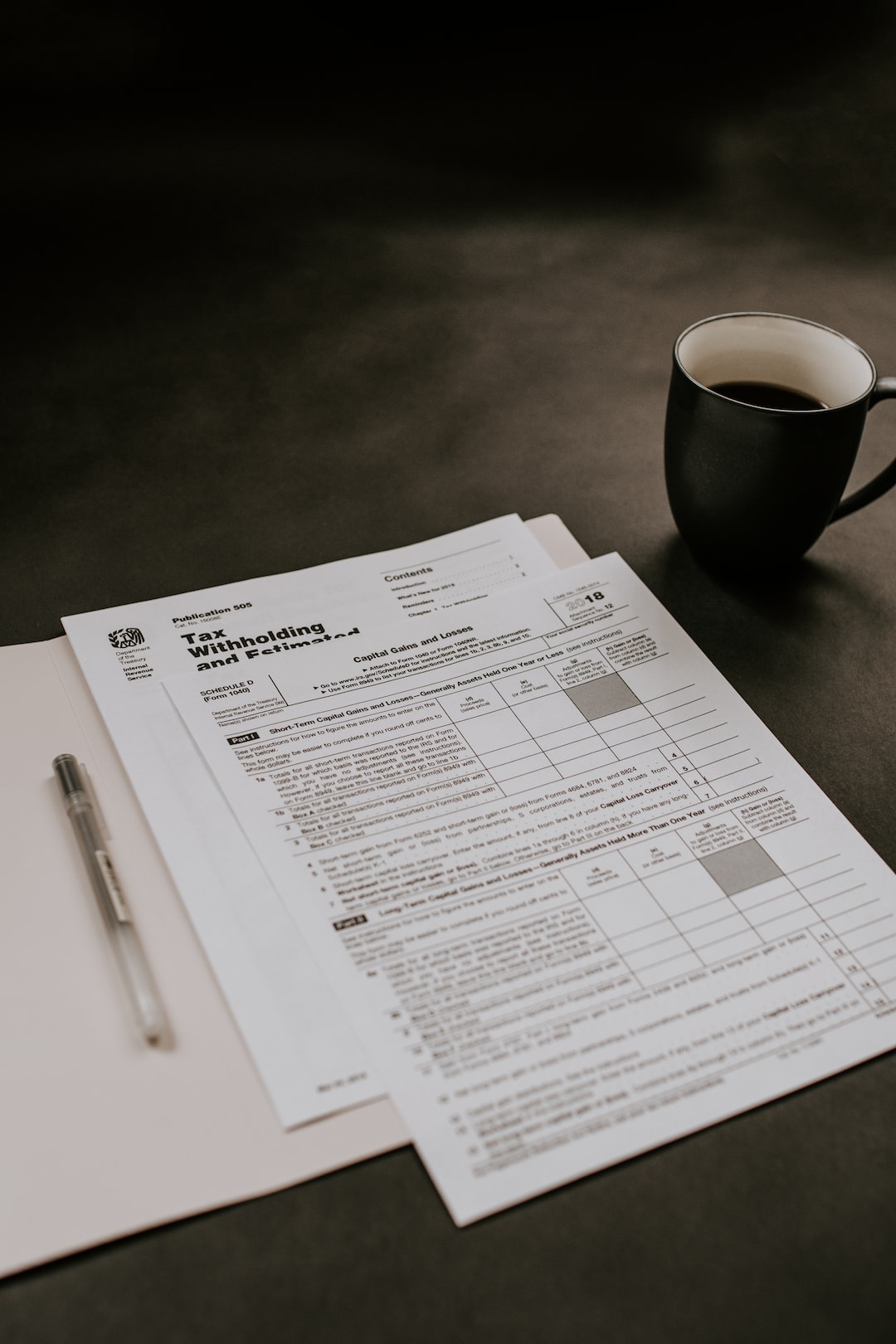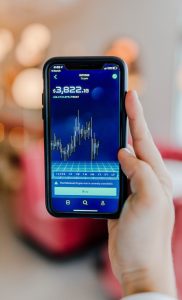Forex trading has gained popularity in recent years, attracting many individuals looking to make quick profits in the financial markets. With the rise of social media platforms, such as WhatsApp, many forex groups have emerged, offering trading signals, strategies, and educational resources. While these groups can be beneficial for beginner traders, it is important to be aware of the potential scams that lurk within them. In this comprehensive guide, we will explore how to identify scams in forex groups on WhatsApp.
1. Promise of Guaranteed Profits:
One of the most common red flags in forex groups on WhatsApp is the promise of guaranteed profits. Forex trading is inherently risky, and no trader or group can guarantee consistent profits. If a group claims to have a foolproof strategy or consistently high returns, it is likely a scam. Legitimate forex groups will focus on educating traders about risk management and the volatility of the forex market.
2. Pressure to Join:
Scammers often use high-pressure tactics to convince individuals to join their forex groups. They may claim that membership is limited or that the opportunity is time-sensitive. Legitimate forex groups will not resort to such tactics and will allow individuals to make an informed decision without feeling rushed or coerced.
3. Lack of Transparency:
Transparency is crucial when it comes to forex trading. Legitimate forex groups will provide clear information about their trading strategies, performance history, and risk management approach. If a group is hesitant to disclose this information or provides vague responses, it is a warning sign. Traders should be able to assess the credibility of a group based on its transparency.
4. Unregulated Brokers:
Scammers often collaborate with unregulated brokers who are more likely to engage in fraudulent activities. They may recommend specific brokers and earn commissions when individuals sign up through their referral links. It is essential for traders to research and choose regulated brokers with a good reputation. Regulatory bodies, such as the Financial Conduct Authority (FCA) in the UK or the Commodity Futures Trading Commission (CFTC) in the US, provide protection to traders against fraudulent practices.
5. Excessive Fees or Hidden Charges:
Some forex groups on WhatsApp may charge exorbitant fees or have hidden charges. While it is reasonable for legitimate groups to charge a fee for their services, traders should be cautious if the fees seem excessive or if there are hidden charges that are not clearly disclosed. It is recommended to compare the fees charged by different groups and consider the value they provide before making a decision.
6. Lack of Track Record:
A reputable forex group will have a track record of their past trades and performance. They should be able to provide verifiable evidence of their success over a significant period. If a group is unable to provide a track record or uses excuses to justify its absence, it is likely a scam. Traders should be wary of blindly following signals or strategies without any evidence of their effectiveness.
7. Poor Communication and Support:
Legitimate forex groups will have a dedicated team to provide support and answer trader’s queries. Scammers, on the other hand, may be unresponsive or provide vague and unhelpful answers. Traders should test the group’s communication and support before committing to joining. Prompt and knowledgeable responses are indicators of a trustworthy forex group.
In conclusion, while WhatsApp forex groups can be a valuable resource for traders, it is essential to remain vigilant and identify potential scams. By being aware of the red flags mentioned above, traders can protect themselves from falling victim to fraudulent activities. Remember, if something seems too good to be true in the forex market, it probably is.





